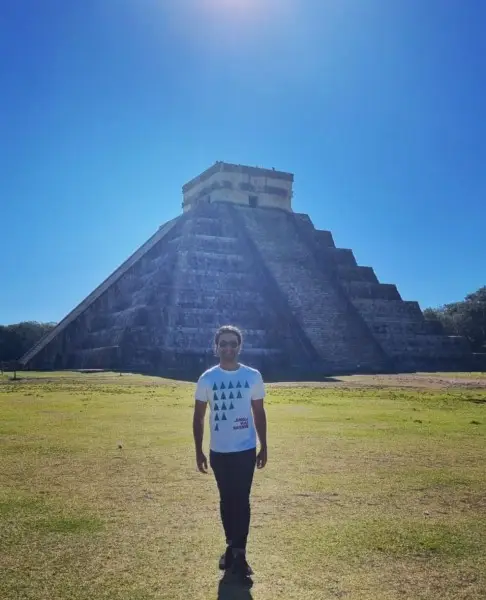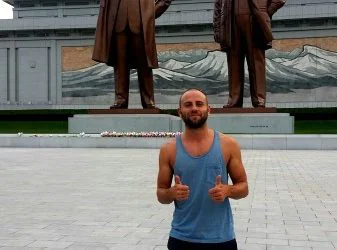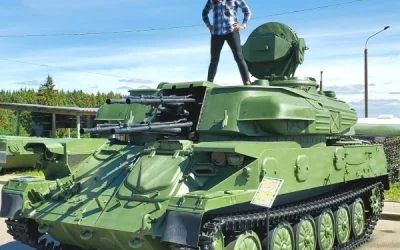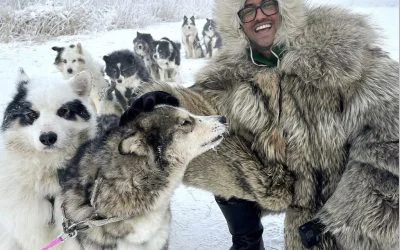In January, we were pleased to launch our LPI (Low Passport Index) list of travellers and to honour them, we will be presenting a number of travellers from LPI countries in our ‘short newsletters’ on the 5th of each month . Saeed Shahani from Pakistan has been to almost 100 UN countries, and travelled the first 80 exclusively on a Pakistan passport, so he certainly has experience of the difficulties of travel. We are very happy to host him today and hear his experiences of travel.
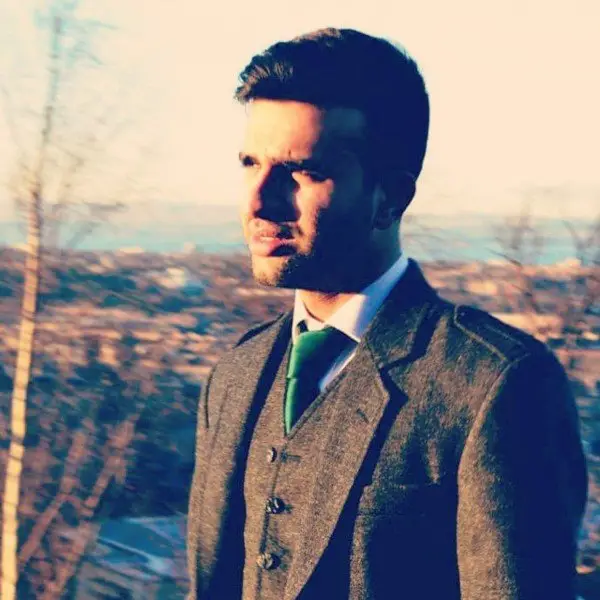
Saeed, please tell us something about yourself. Who are you, where do you come from and how did you start travelling in the first place?
I am 29 years old and originally from Lahore, Pakistan, where I lived until about 11 years ago before moving to London, UK.
Pakistanis mostly travel within their own country, and very few foreigners visit us, so as a result the travels in my childhood were to typical holiday destinations in Pakistan. When I was about 10 years old I travelled with my family to the UK, which burst my little bubble and I realised the world could be quite different from where I lived.
Due to both lack of money and interest I did not travel much until the age of 25; I would do annual vacations with a friend or significant other in closely guarded tourist destinations, and perhaps had seen about 7 countries in total. Then in 2018 I organised a regular trip with friends to Amsterdam, and on the last minute they all backed out.
This inadvertently became my first solo travel, and I got to try a lot of things that were novel for me, such as backpacking, couchsurfing and motorcycling abroad, some of which stuck with me. Soon as I return I booked 3 more trips for the next consecutive weekends, and once i returned I booked travels for the the rest of the year. By the end of the year I had already visited 50 countries in total.
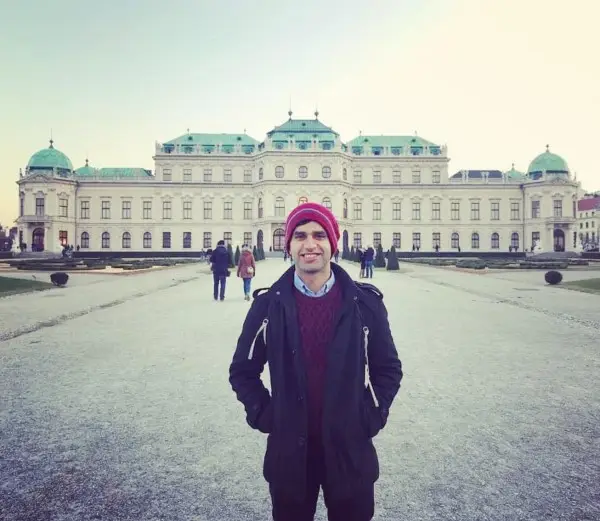
What is the main driver that brings you back to travelling?
To me travel is a medium of discovering other things, but of course in the context of this interview the medium is the message. Primarily, I am attracted to the unknown; I enjoy the foreignness of the experience, to familiarise myself in new surroundings, to be inspired by nature or by human achievements, to gain understanding of a people or for my stereotypes to be proven wrong, and to be experience discomfort in the unknown, which quickly turns into an achievement of its own.
However, there are two things that have stuck the most, and even when I start feeling homesick i look forward to these. First, its the people; sightseeing or excursions in nature can be pleasant, however they can get monotonous quite quickly, but I get never tired of meeting people, whether its fellow travellers, or more importantly, locals.
I have built lasting friendships that resulted out of just a single conversation, or sometimes have someone open up instantly and tell me the most honest and emotional parts of their life. Every time I think about a country I visited I usually think about the person I met there first.
Second, its motorcycling. Its something I always enjoyed but it didn’t truly integrate with my sense of self until i took a couple of trips abroad. There is something about slowly becoming one with the bike, being completely in tune with your surroundings, watching the landscape and the human footprint slowly change. I believe its the best way to discover somewhere new.
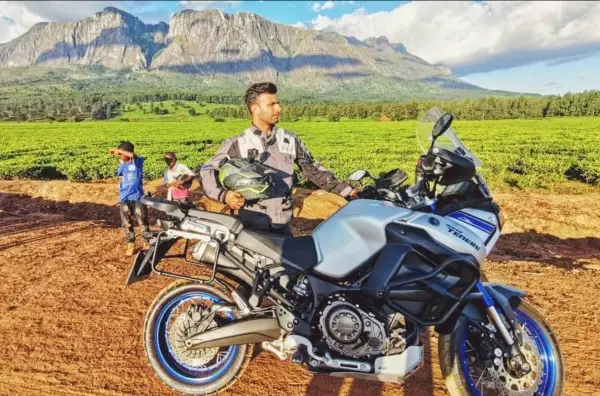
You have roots in Pakistan, but live in the UK. How did this influence you as a person and as a traveller?
People in the UK are generally well travelled, at least in certain parts of the world, so the impact of living in London was hearing stories of my friends from their travels in Europe, South East Asia and so on. That kind of opened me to the idea that travel could be fun and a learning experience.
Having lived in Pakistan, I already had perspective of what developing countries could be; I was readily able to discount negative stories about a lot of places, but also was able to relate to people from these places as my upbringing was quite similar.
Unfortunately, as a Pakistani I’ve also had to deal with a lot of suspicion and hassle from immigration authorities. I travelled the first 80 or so countries on my Pakistani passport, and was taken aside almost regularly and had to go through enhanced interviews, or held for longer periods of times without reason.
Having to apply for a visa for almost every one of those countries was also a pain; once, I went to the embassy of Malawi in London, and was straight up told by the person that she wouldn’t offer me a visa if I travelled without someone from the UK/EU as ‘Pakistanis are criminals.’ It taught me that people can be treated quite differently at times, and that travel is a privilege. Its important not to feel bitter by these experiences though.
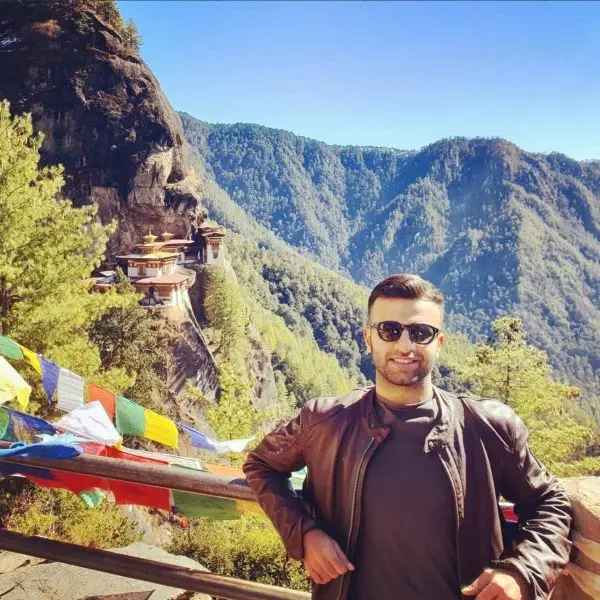
Do you aim at visiting all UN countries and why? If not, do you have any ambitious travel goals?
I aim to travel to UN 193 + 4, although the urgency died down since the onset of covid. I had no interest in doing this a few years ago, and didn’t understand it when an ex talked about attempting it. Officially, I made it my aim when I had already been to 50 countries, as it seemed I was already partially underway.
The reason I have kept this aim is because it makes planning travels easier; the countries cut a nice cross-section of different cultures and landscapes, so by visiting all of them I should be able to get a good sense of the world.
Once I am able to complete this, or perhaps somewhere along the way, I would like to do a couple of special trips. One, I would like to bring a dirt bike into DR Congo and visit every province overland, cutting through the jungle. Another, which is more doable, is to motorcycle from the end of South America to Colombia, mostly camping in wilderness.
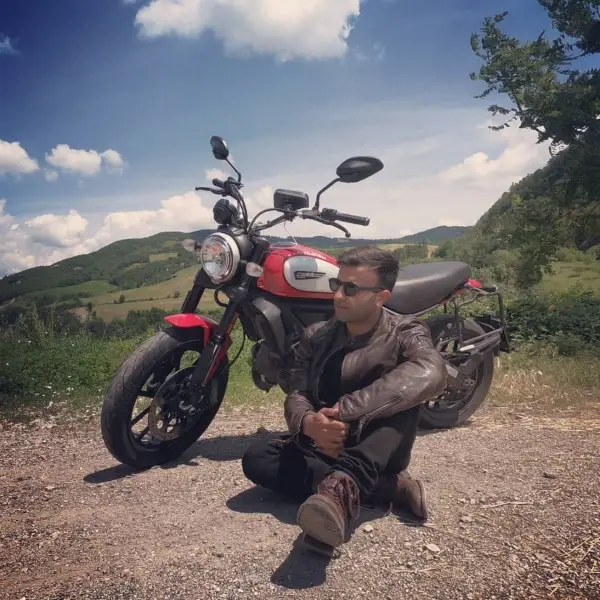
Please share some special stories from your travels.
I once arrived in Krakow on a Saturday morning just for a weekend, and struck up a conversation with someone at the airport. They were going to a wedding and joked if I wanted to come; since I had no plans I took it up straight away. It took us the best part of a day to get to Warsaw and then to a village in the east an hour past Bialystok, the last major city.
By the end we were driving on a dirt track at night in the forest close to the Belarusian border, and I was seriously questioning my decisions. We started to approach this dark building in the forest, and as soon as I opened the door, there was a wedding going on with all the festivities.
People were amused by my foreignness and would take turns to dance with me, take pictures, or do shots of bimber, a home-made vodka. Despite barely anyone speaking English, I felt like I connected with many people there. I was given a place to stay for the night, and the following morning I took a train to get back to Krakow, and straight to the airport to get home!
Another time I was visiting Sarajevo, Bosnia and decided to couchsurf with a guy who was hosting several refugees in his house. These people barely had anything, and had taken harrowing journeys from Iran and Afghanistan.
Despite this they had a very positive disposition, and insisted on me sharing their food. One of the guys spoke Urdu, the primary language spoken in Pakistan, so I decided to take him out with me and spend the day doing regular things such as sightseeing and going for drinks. On the way back he bought one bottle of beer that several of the guys were going to share. As they took turns to drink this beer, an Iranian guy who barely spoke any English offered it to me, which I politely declined.
He then spent a minute to come up with the words, smiled and very slowly said, ‘everything in life is free.’ It struck me quite deeply; although its such a simple thing to say, it carried a lot of meaning from someone who had very little of his own. To this day it serves me as a reminder to be more generous to others.
One more I could share is from West Africa. I was having breakfast with a friend in Sierra Leone on Christmas Eve, and someone overheard our conversation about travelling to Liberia. The person turned out to be a local politician and offered to host us in his country.
For our entire time in Liberia, we were hosted by this political party which was very kind of them. At some point I casually mentioned reading about General Butt Naked, the infamous Liberian warlord, and our host offered to help us find him. It took us two days but I finally got to sit with him over tea at his sister’s place, hearing about how he sought forgiveness for his actions, rediscovering his faith, and running a charitable foundation. This shouldn’t be seen an endorsement, however.
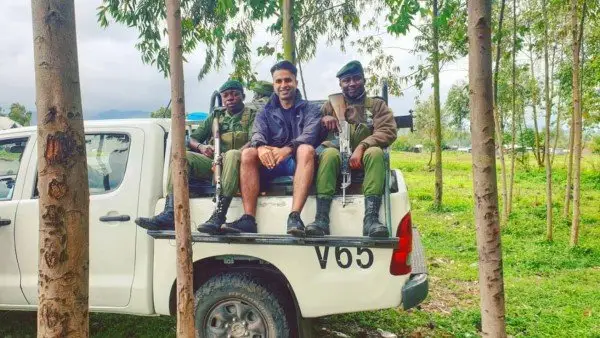
What are your biggest travel interests? Where do you go before you go everywhere else?
Motorcycling by far is my favourite thing to do while travelling, and I usually make an effort to rent a bike and head to the countryside. Not only does it give me a more complete view on the country, but I also feel as if the locals treat me less as a tourist and more as a traveller.
Otherwise I try not to remain too rigid with respect to my interests. For me travel is a way to open myself up to new experiences, so i try to create a cross-section of every country with respect to the places, things to do and any excursions. Once in a while I will also do something I generally dislike, which on occasion has turned me around.
That being said my mind generally drifts towards places of historical interest, mountains, and wilderness.
What were some of your biggest surprises on your travels so far?
I think the biggest realisation was that travelling isn’t as hard as I originally thought it would be; I have been able to go from A to B, find food and lodgings everywhere in the world where there is a human footprint, regardless of language or cultural differences. Particularly, people had discouraged me from travelling around Sub-Saharan Africa, but I was always able to find my way around there.
The second thing, perhaps not so much as a surprise than a long-term realisation, has been to look beyond the duality of human nature as it is portrayed by others. I have met many people who will either talk about how everyone is inherently nice when you travel, or will mostly talk about the danger and how everyone is out to get them.
I found people to be very kind and positive earlier in my travels, in part because I wasn’t expecting them to help me or go out of their way to talk to me. But over time I came to realise that it equally depends on me; you have to learn to be patient, not be in a rush, and be open to others, in order for them to reciprocate. At the end of the day nobody owes you anything, and any interaction is a two-way street.
Sometimes the travellers with negative experiences are those who interact negatively with locals. Where I have stopped to have a conversation, locals have indeed been kind to me; for example, on my trip in West Africa across 10 countries, in several of those I was offered free rides just because I got along with the people.
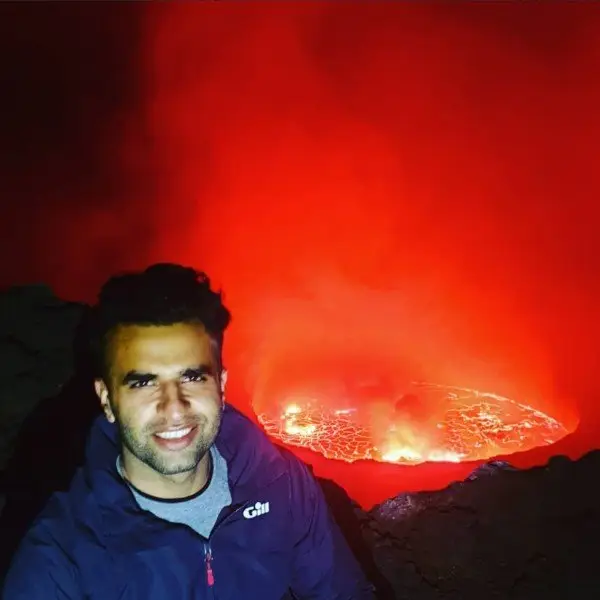
What is it about the travel that gets you excited the most and what keeps you going even when it is tough?
To me it is important that the determination to carry on or see your goals through comes from the inside, because it is the best constant you can have; the external world is ever changing and outside of your control.
If I think about the times when the going got tough – for example, motorcycling through a thunderstorm in the North of France, through tropical downpour in Costa Rica, being detained for a couple of days at the Guinea Bissau-Conakry border – first and foremost I reminded myself that before I began I decided on this journey, and therefore I must see it through.
This is because for me when I am in a moment of crisis, it is very difficult for me to think about the exciting things about the country, the sights or my itinerary; if anything my mind suddenly gets clouded by negativity. But I trust myself that I started this journey for valid reasons, and I don’t need to think about them at this point, what is important is that I carry on, and I will look back when I reach the checkpoint.
This approach also leads to a heightened sense of achievement when you reach the end, and looking back this is what excites me about travel. To realise that I overcame the challenges gives me deep satisfaction. Recently, I hiked Volcano Acatenango in Guatemala over 2 days in poor weather conditions, and only 3 of us made it to the summit. The achievement I felt at the top was very similar to what I mentioned earlier.
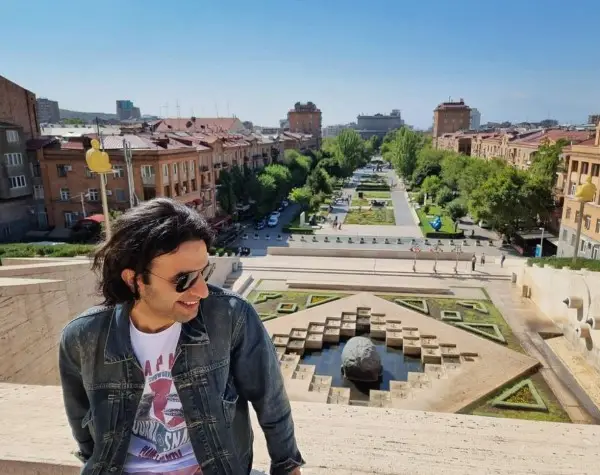
How did your general view of the world change with travelling?
I think I am a completely different person now from when I first started travelling. I used to be interested in a very small part of the world and had a rather narrow view of the different lives that could be lived, and in turn the different lives I could live.
Initially travelling across Europe, I realised that I could easily integrate in many of the countries, but was later surprised myself on how positive I felt in several of the countries in Asia and Africa. The general view of the world is usually on how much chaos and poverty there is around the world, but really there are interesting lives to be lived everywhere. The only question is how willing you are to adjust to your surroundings.
Slightly related to the above, I also started to see more options and opportunities around the world. With some privilege included, it doesn’t take much to find a way to fulfil your basic needs in most parts of the world.
Sure enough, there are pros and cons to every country; for example, in London we suffer from year-round bad weather and have poor work-life balance, but then benefit from good infrastructure and higher salaries. In a place like Pakistan one has to accept lower wages and limited career opportunities, but then benefit from stronger community networks and a better standard of living in terms of the associated costs.
Ultimately, no country can offer the best package for everyone, but from travelling I have become more compromising to accept multiple options.
As I write this I have been travelling for a few months in Latin America, and am quite surprised myself that I can see myself living, and for the moment am living, in a number of these countries.
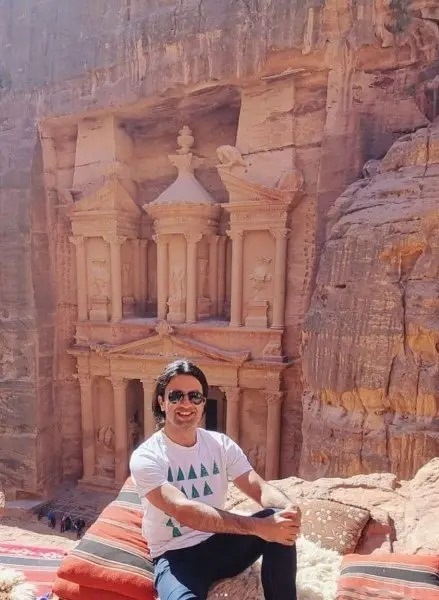
Finally our signature question – if you could invite any 4 people to dinner, from any period in history, who would your guests be?
I will limit the question on purpose to the context of a conversation about travel, just so I keep with the theme.
My first guest would be Kamran Ali (@kamranonbike), a Pakistani cyclist who amongst other things cycled from the end of South America to the edge of North America. Kamran has a very emotionally honest way of writing and has several photoessays on his ups and downs during travels, as well as the people he met on the way. I would love to hear some of these in person.
The second would be the greatest traveller in history, Ibn Battuta. He travelled across the entire islamic regions of North Africa, Middle East, Asia and South East Europe, covering about 120,000km. He would have had the most holistic sense of the civilizations in those regions, which I would love to hear about.
Third, I would like to meet Marco Polo, in particular for his insights into the court of Kublai Khan. In recent times there has been a lot of scepticism on whether he actually did go to China, I’d like to hear this first hand and make my own judgement.
Last, I have to mention Anthony Bourdain. Not only would he have been a great dinner guest for his culinary knowledge, but also for his insights into travel and discovering other cultures in an open-minded way.
